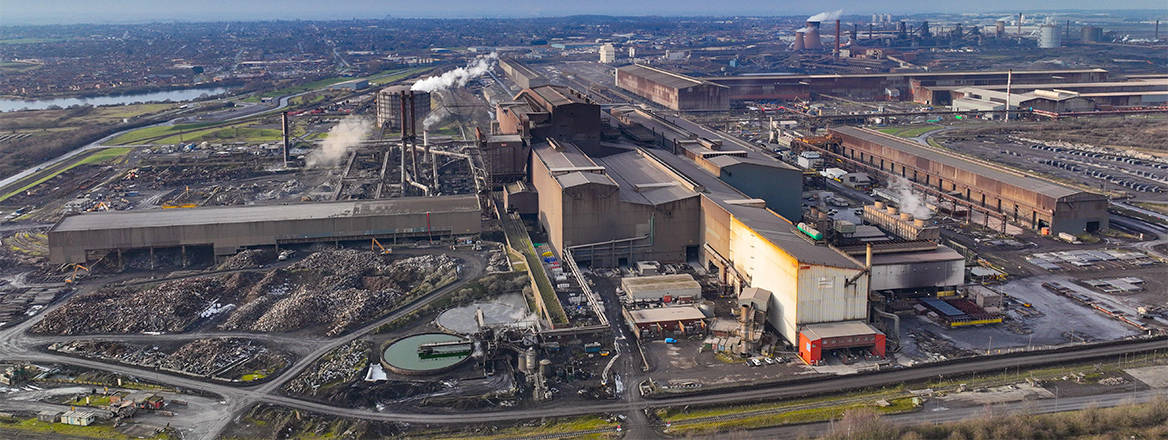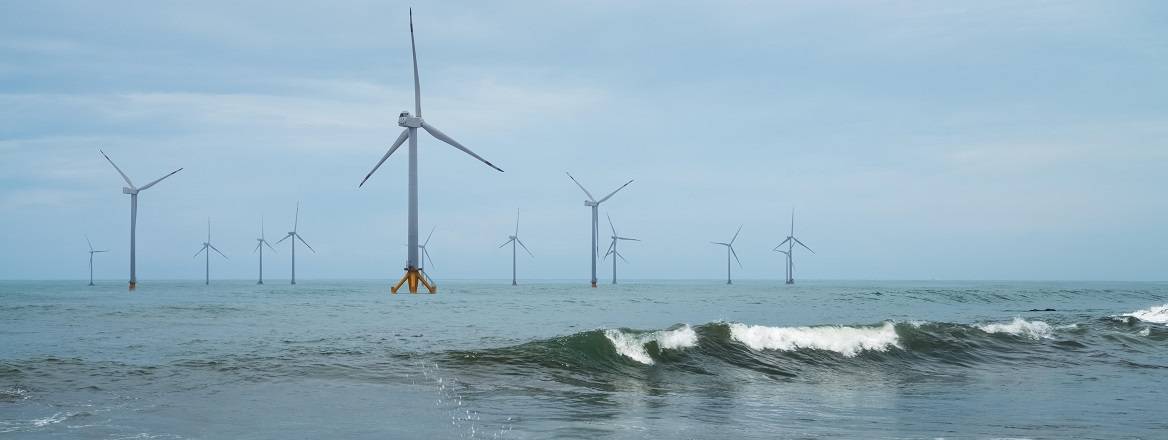The UK steel industry is at a crux. Assets are ageing but the operating environment in the UK is not conducive to large-scale investment, and without this it is likely that large portions of UK production capacity will cease to operate within a decade.
Most UK steel is made using blast furnaces, the technology with the highest CO2 emissions. This means the replacing of assets as they reach end of life will require investing in new low-emissions technologies with new supply chains, bringing new risks, to achieve climate change goals and avoid the risk of stranded assets.
This paper looks at risks relating to UK domestic steel production at a national level, starting with the role the industry currently plays in the resilience of the UK economy and what the implications of further reductions in steel production capability might be for national risk. It then assesses risks created in the alternative scenario where large-scale investments are made in low-emissions technologies.
The paper concludes that the highest-risk pathway is the status quo and continued delay to investment in the sector. Although the UK is a major outlier in terms of the small size of its steel production, it has until now managed to maintain a notable presence in most product segments, which is important for the ongoing functioning and resilience of the economy. Further loss of capacity would leave segments of the economy entirely reliant on imports, in some cases from single international suppliers.
Investing heavily in steel assets comes with risks, however. The economic fundamentals of the sector are not sustainable, and a more level playing field with European competitors is required for a healthy industry that is not reliant on government support. Low-emissions technologies have risks, particularly when they rely heavily on one technology or supply chain across the industry. This paper identifies the supply of scrap steel and high-grade iron ore, the potential for major increases in gas demand in electric arc furnace steelmaking, and the effectiveness and competitiveness of carbon capture as risks that motivate an approach which encourages and supports multiple technologies. It argues that the cost to the UK as a whole of such an approach would likely be less than the cost of any significant disruption to the steel supply chain.
WRITTEN BY
Dan Marks
Research Fellow for Energy Security
Organised Crime and Policing



